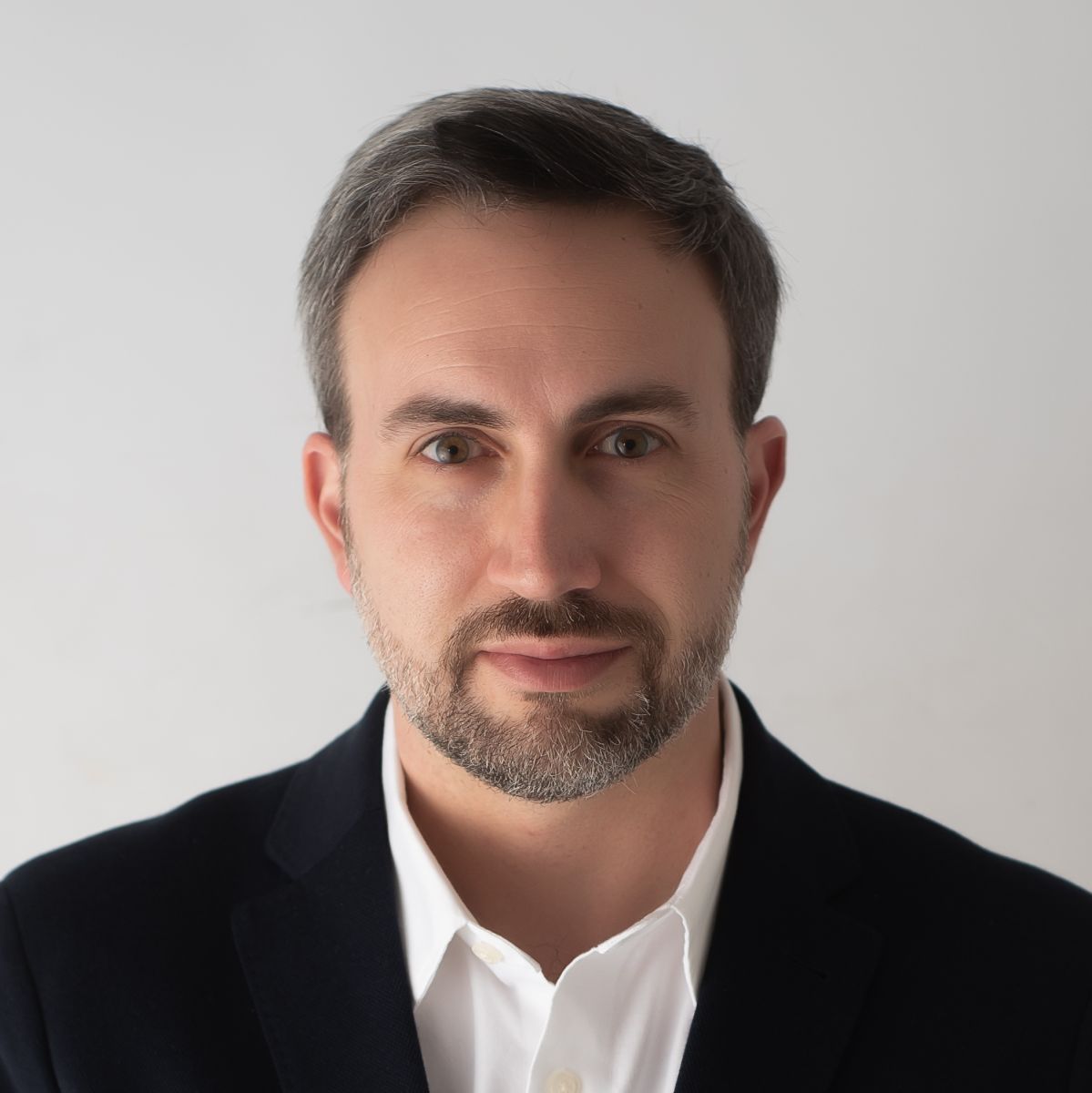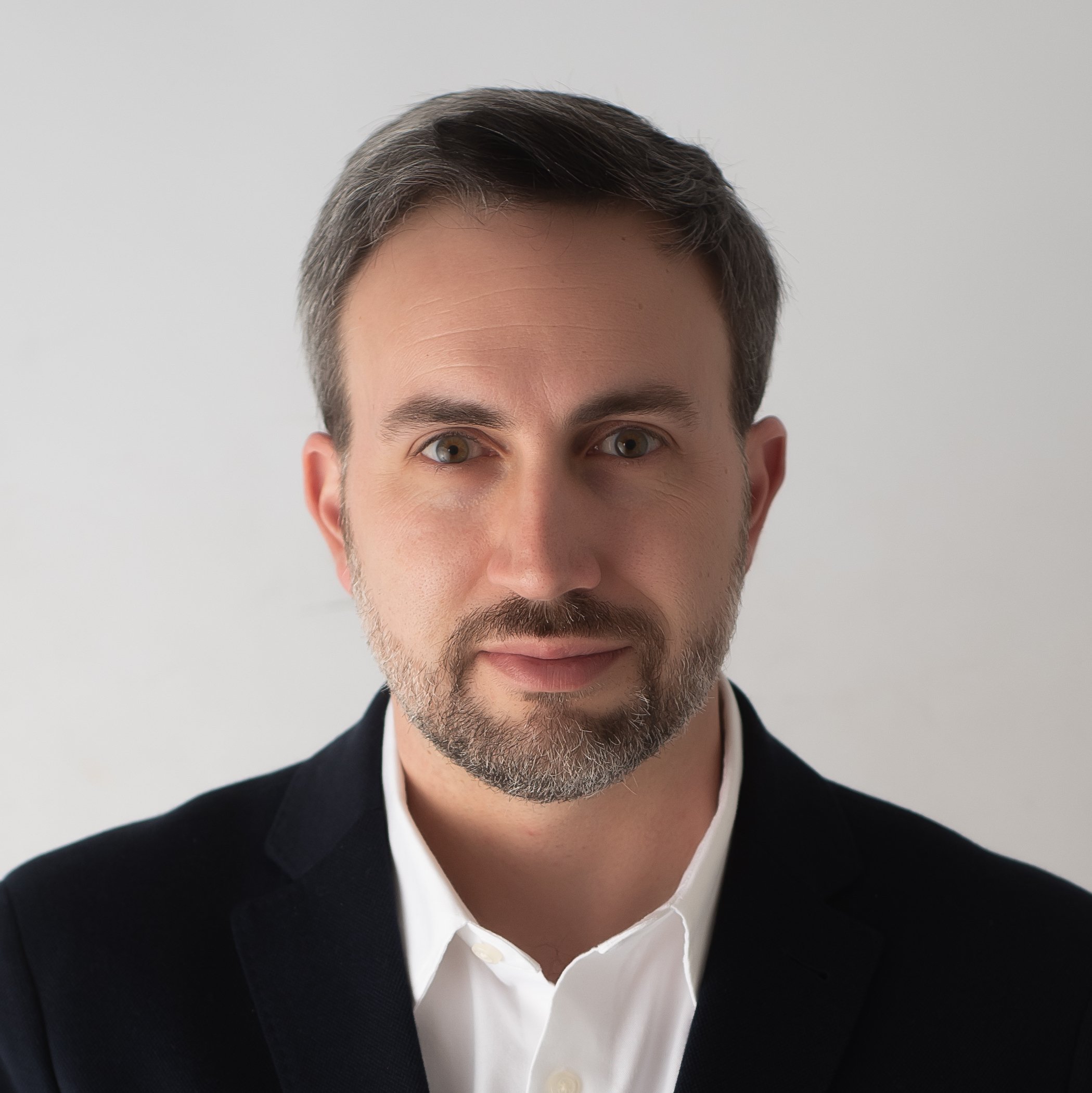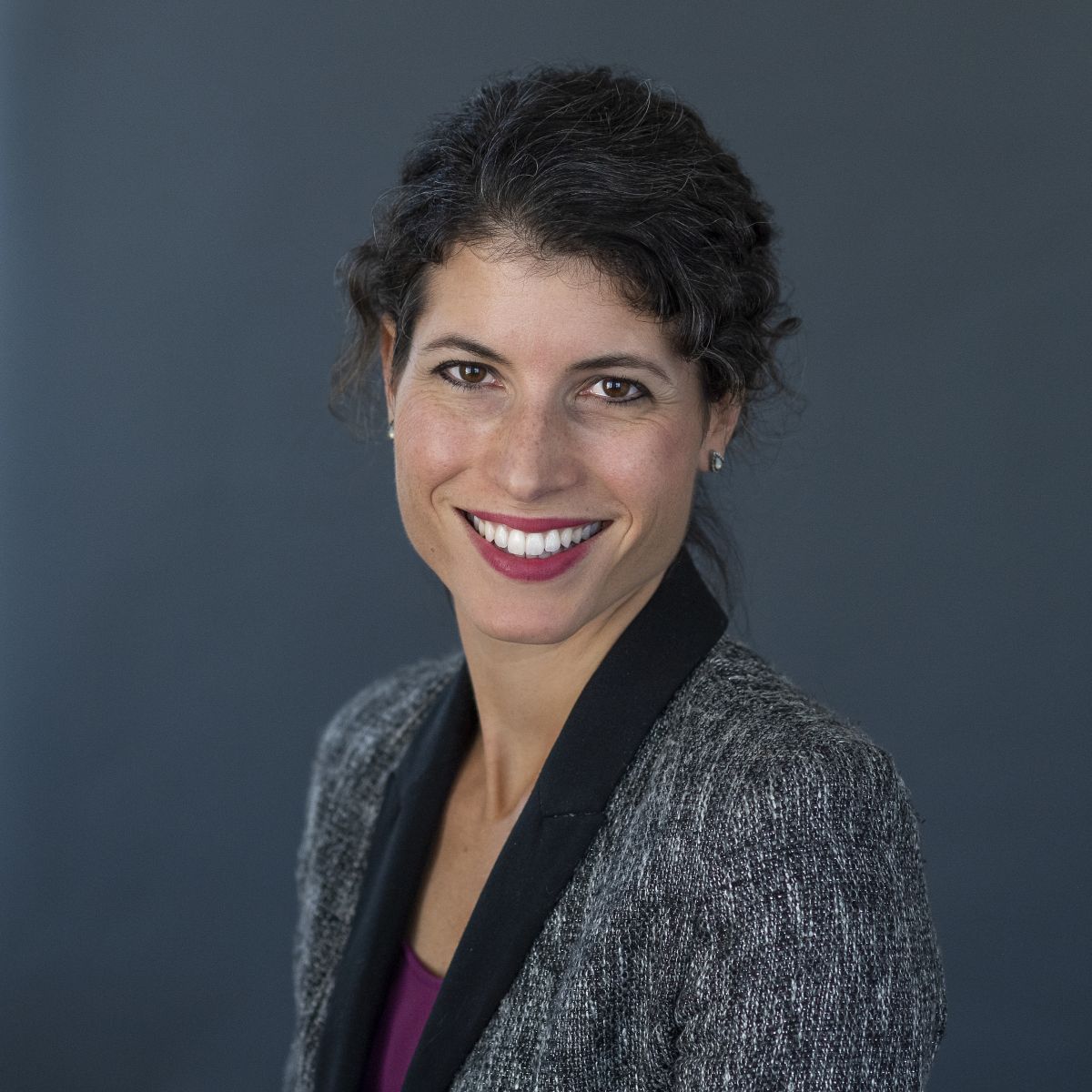Growth in capital markets in the East African Community (EAC) has not kept up with the pace of economic growth.
Rwanda, Kenya, and Tanzania all posted annual growth rates above 5.4 percent over 2015-2017. This makes East Africa the fastest-growing region in sub-Saharan Africa over the period.
Nonetheless, East Africa’s lack of deep, liquid capital markets has had a dampening effect on private-sector-led growth and long-term development and all countries in the EAC recognize the need for regional integration of capital markets.
Gridlock on several necessary central components has slowed the process of integrating regional capital markets. In particular, EAC countries have been unable to maintain consensus on how to build and share infrastructure around a regional central securities depository (CSD).
This paper provides greater perspective on the implications of an impasse of an ongoing project led by the EAC Secretariat on capital markets infrastructure (CMI) with the support of the World Bank and suggests options and models that exist for moving forward while outlining relative pros and cons.
The paper also highlights essential points of debate that need to be resolved in order to prevent EAC countries from losing potential investors and resources due to further hindrances to capital market integration and development.
Related Content
-
Principles for Shared Use of Mining Infrastructure: Tapping into Win-Win Solutions for Mining Companies, Governments, and Communities
On February 10, 2016, at the Investing in African Mining Indaba conference in Cape Town, South Africa, the Milken Institute Center for Financial Markets held a roundtable to launch a yearlong effort toward establishing a set of principles...Read Report -
Promoting Participation in SME Boards Through Tax Incentives: A Global Overview
Over the last two decades, a large number of stock exchanges have established dedicated market segments for small and medium-sized enterprises (SMEs). This trend accelerated during the global financial crisis; as banks tightened credit...Read ReportImage
John Schellhase
Director, Environmental and Social Innovation team, Milken Institute Strategic PhilanthropyJohn Schellhase is a director on the Environmental and Social Innovation team at Milken Institute Strategic Philanthropy, where his work focuses on social impact philanthropy. As part of his work, Schellhase contributes to and manages projects related to strengthening corporate philanthropy and operating innovation competitions to advance the Sustainable Development Goals. -
Milken Institute launches hub to monitor African countries’ and international funding response to pandemic
Marking 100 days of COVID-19 on the continent, the new hub tracks number of confirmed cases, testing progress, policy decisions, and the global response. Washington, D.C. – May 27, 2020 – Decisive government leadership spared many African...Read ArticleImage
John Schellhase
Director, Environmental and Social Innovation team, Milken Institute Strategic PhilanthropyJohn Schellhase is a director on the Environmental and Social Innovation team at Milken Institute Strategic Philanthropy, where his work focuses on social impact philanthropy. As part of his work, Schellhase contributes to and manages projects related to strengthening corporate philanthropy and operating innovation competitions to advance the Sustainable Development Goals. -
FinTech in the Philippines: Assessing the State of Play
Strong fundamentals—including a youthful, urbanizing population, a rapidly growing economy and expanding middle class, and widening mobile and internet usage—will likely drive the digital transformation of the Philippine financial sector...Read Report11 11John Schellhase and Amos Garcia -
Survey Brief: Rwandan Businesses Share Their Priorities for Capital-Market Development
With approximately 12 million citizens and a nominal GDP of just under $9 billion, the Rwandan economy is small. However, through a series of well-designed and well-managed national policy reforms, the government has maintained...Read Report11 11
Moutusi Sau, John Schellhase, and Staci Warden
11
Moutusi Sau, John Schellhase, and Staci Warden -
Chile is Top Country in Latin America for Foreign Investment, Says Milken Institute
Milken Institute’s Global Opportunity Index evaluates 145 countries across seven geographic regions – highlighting Latin America – to measure their potential attractiveness to foreign investors. Los Angeles – Feb. 04, 2021 – Chile ranks no...Read Article -
Capital Markets in Developing Countries: The State of Play
Economists have repeatedly demonstrated a relationship between financial sector sophistication and economic growth. While developing countries have often emphasized establishing a sound banking sector, as economies grow and become more...Read ReportImage
John Schellhase
Director, Environmental and Social Innovation team, Milken Institute Strategic PhilanthropyJohn Schellhase is a director on the Environmental and Social Innovation team at Milken Institute Strategic Philanthropy, where his work focuses on social impact philanthropy. As part of his work, Schellhase contributes to and manages projects related to strengthening corporate philanthropy and operating innovation competitions to advance the Sustainable Development Goals. -
Building East Africa’s Future: Tanzania and Accelerating Infrastructure Growth
At the August 2014 U.S.-Africa Leaders Summit, the White House brought together government officials from 50 African countries. The historic gathering in Washington focused on trade and investment in Africa, drawing scores of investors and...Read Report11 11Moutusi Sau and Olivia Bell -

Milken Institute Launches Master Course on How to Think Like an Emerging Markets Macro Investor
Washington, DC – August 18, 2021 – The Milken Institute today launched a course titled “How to Think Like an Emerging Markets Macro Investor,” a self-paced, on-demand class tailored to emerging markets policymakers, investors, or other...Read Article -
Framing the Issues: Strengthening Capital Markets in Developing Countries
On March 14, 2014 the Milken Institute Center for Financial Markets (CFM) hosted a working roundtable titled “Framing the Issues: Strengthening Capital Markets in Developing Countries.” The day-long event in Washington, DC convened scholars...Read Report -

Ghana’s Daakye Bond Program: An African Securitization Case Study
In Akan, the most widely spoken language in Ghana, daakye means future. It is an apt name, therefore, for the Daakye bond program, which invests in Ghana’s future leaders through securitizing future government tax flows. Established in 2020...Read Report 11
John Schellhase and Haris Mohsin
11
John Schellhase and Haris Mohsin -

Malaysia Is Top Country in Emerging Southeast Asia for Foreign Investment, Says Milken Institute
Milken Institute’s Global Opportunity Index evaluates 126 countries across seven geographic regions – highlighting emerging Southeast Asia – to measure their potential attractiveness to foreign investors; Sweden ranks No.1 overall in best...Read ArticleImage
Chad Clinton
Director, Media RelationsChad Clinton is the director of media relations for the Milken Institute. Hired to this role in August 2021, Clinton develops and executes strategies to amplify the Institute’s core messages by generating coverage of its pillar workstreams, experts, and events.
